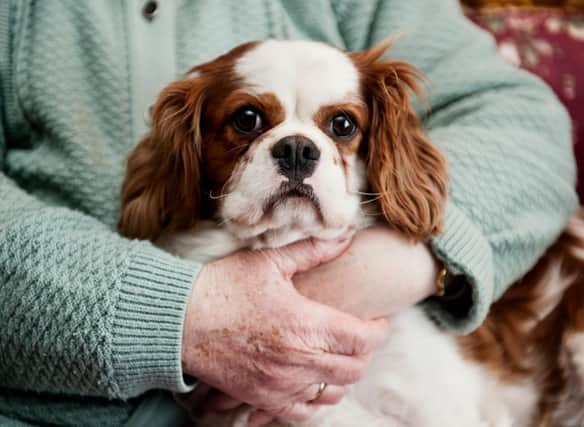Plenty of us decided to welcome new four-legged friends into our homes in the last couple of years – according to Kennel Club figures dog ownership soared by nearly eight percent – and post-lockdown demand for puppies remains high.
There are a whopping 221 different breeds of pedigree dog to choose from, alongside numerous crossbreeds, so there’s plenty of thinking to do before you select your family’s latest addition.
There’s even academic guidance to seek out, with Psychologist Stanley Coren’s book ‘The Intelligence of Dogs’ ranking breeds by instincts, obedience, and the ability to adapt.
One thing worth considering before making a decision is that some breeds make better companions for the more elderly owner – needing less in the way of exercise or grooming and tending to be chilled and relaxing pets.
So, here are the 10 best and worst breeds of dog to consider when it comes to older dog-lovers.
Read more
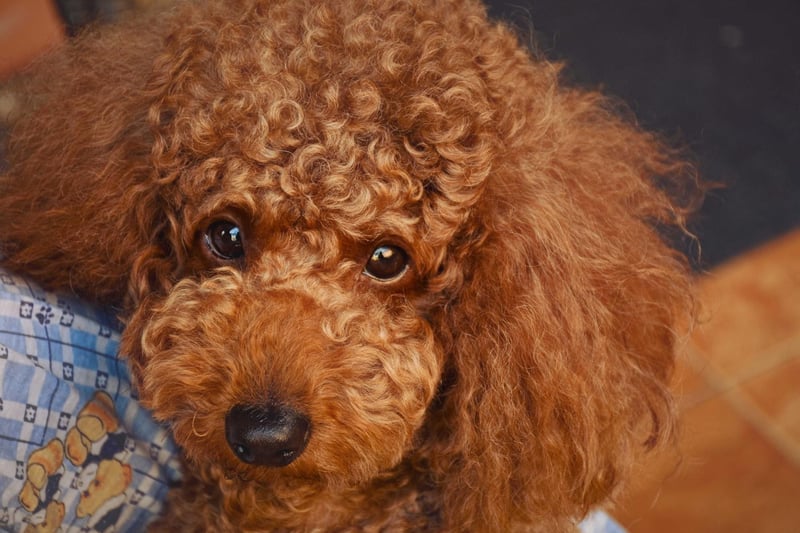
1. Poodle
Starting with the pups that are top togs for the more elderly owner. Poodles - Standard, Miniature, or Toy - have every attribute needed to make a great companion dog. They are hugely intelligent and loving, easy to train, only need walked once a day, and only need groomed once a month. Photo: Canva/Getty Images
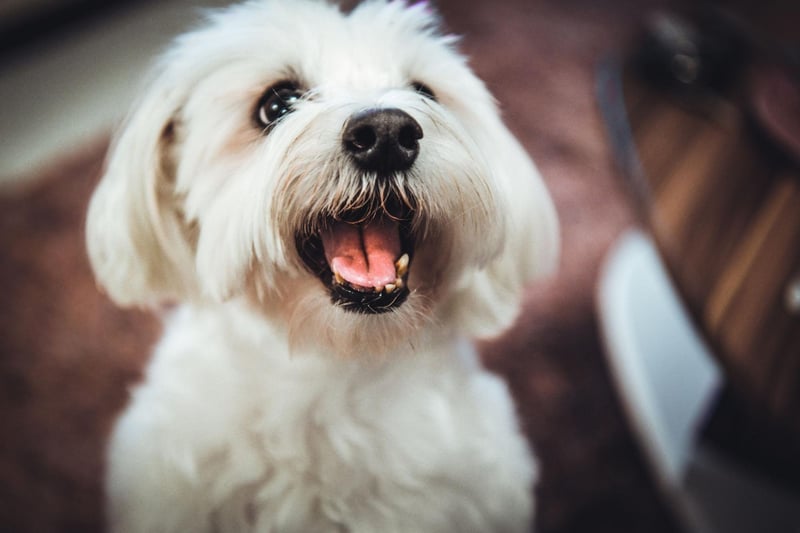
2. Maltese
One of the smallest breeds, Maltese may be tiny but they are also one of the most empathetic pets and are often used as therapy dogs. They need very little outdoor exercise and even giving them their daily brush can be fairly therapeutic and relaxing. Photo: Canva/Getty Images
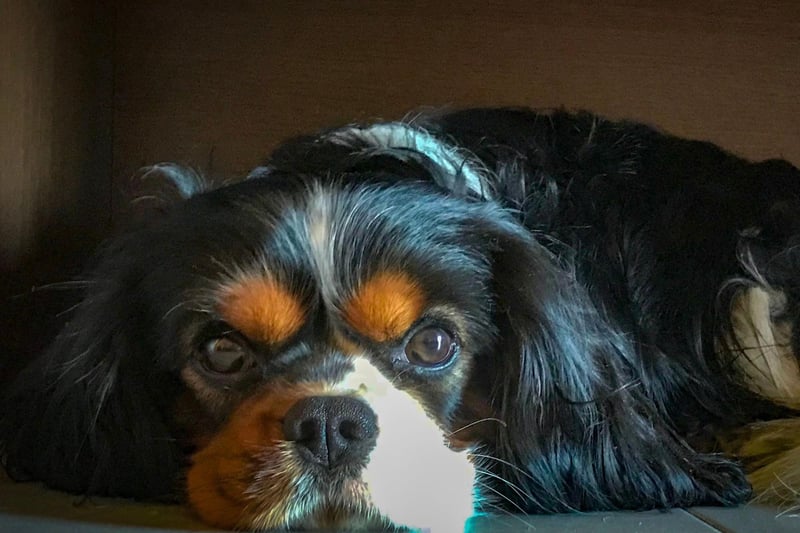
3. Cavalier King Charles Spaniel
The diminutive Cavalier King Charles Spaniel requires a little more grooming than other breeds of small dog, but they are quiet, intelligent, easy to train, and never happier than when they are snuggled up in your lap. Photo: Canva/Getty Images
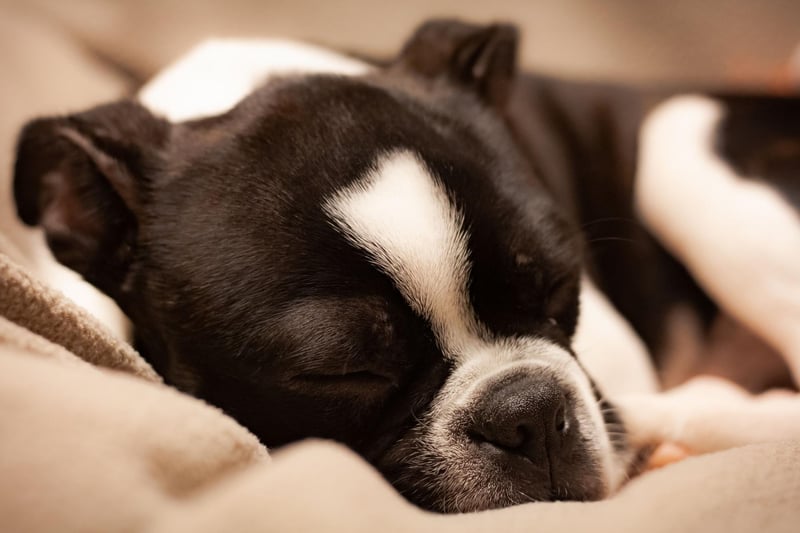
4. Boston Terrier
Boston Terriers tend to be completely devoted to their owners, who they enjoy sitting quietly beside for long periods. Their short coat means they need little in the way of grooming and are easy to care for generally. Photo: Canva/Getty Images
